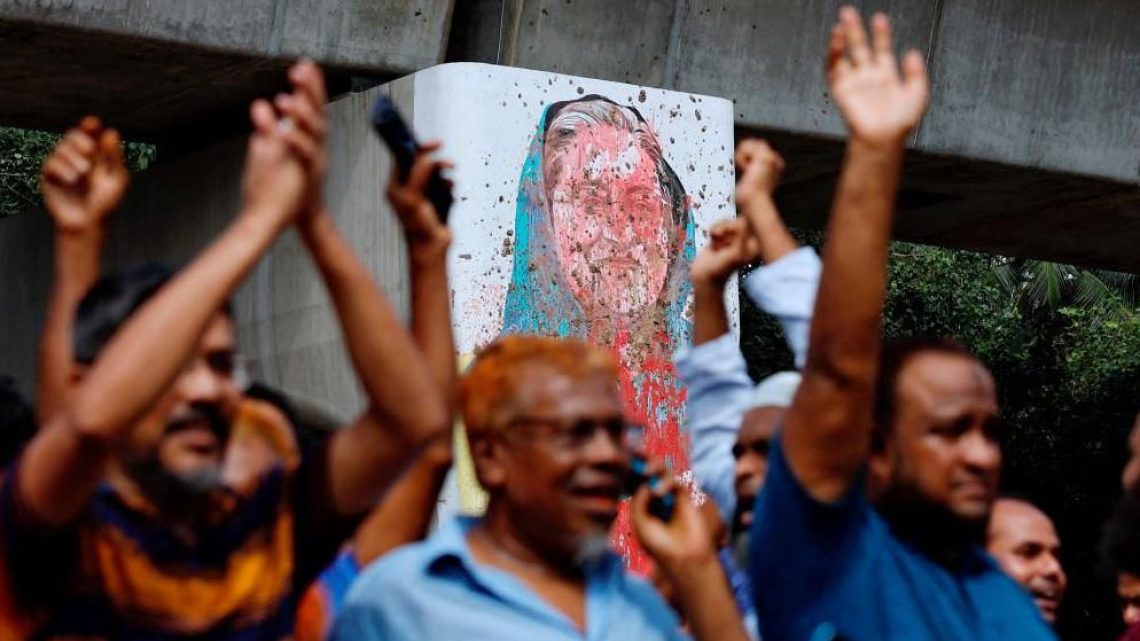
ICC Plea Against Hasina Wajid: Human Rights Abuses and Foreign Interference in Bangladesh
November 7, 2024In a recent development, the International Criminal Court (ICC) is considering a plea against Bangladeshi Prime Minister Sheikh Hasina Wajid for alleged human rights abuses tied to her government’s actions during a student-led movement. This move revives longstanding accusations regarding her administration’s handling of dissent, with critics drawing parallels to her father’s controversial legacy of political repression.
Human rights advocates in Bangladesh have consistently voiced concerns over Hasina’s reported targeting of Islamic scholars and opposition figures, suggesting that her administration has severely restricted democratic freedoms. Allegations intensified following the reported deaths of over 400 students, which has heightened fears of state-backed violence. Many citizens believe these actions have political motives, further inflamed by support from India’s intelligence agency, RAW. The perceived interference from Indian authorities is seen by many as compromising Bangladesh’s sovereignty, raising fears about external influence in domestic affairs.
Critics of Hasina argue that these violent crackdowns form part of a larger pattern of repression against voices opposing her political ideology. Notably, some claim that India’s covert backing has enabled Hasina to establish a parallel military force, reminiscent of the Mukti Bahini—a historical militia with strong ties to India. This “shadow army,” as some are calling it, allegedly operates without accountability, intimidating political opponents and Islamic groups under the guise of maintaining national security.
The ICC plea brings unprecedented scrutiny to Bangladesh’s political climate and human rights record, prompting calls for international accountability. Human rights organizations are advocating for the ICC to take action on these allegations, urging a closer examination of democratic erosion in Bangladesh and setting a precedent for the protection of human rights in South Asia.
The case against Hasina presents a test for Bangladesh’s judicial independence, as many question whether the nation’s courts would have pursued such charges free from political influence. The international community’s reaction remains to be seen, but human rights advocates continue to push for justice, calling on the ICC to address the grievances of those affected by alleged abuses. This case could mark a significant shift in South Asia’s political landscape, placing increased pressure on Bangladesh and its leadership to uphold democratic values and human rights.

